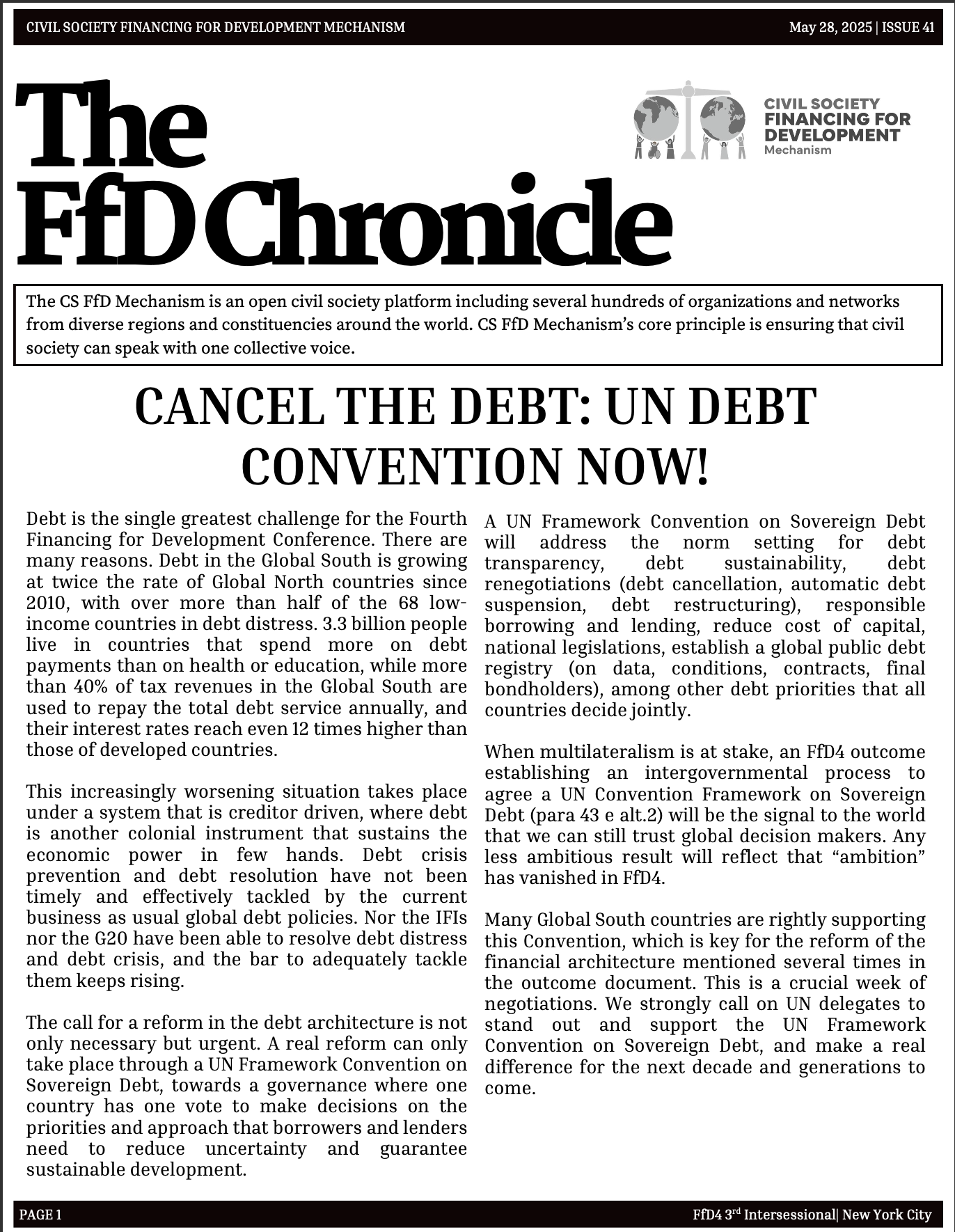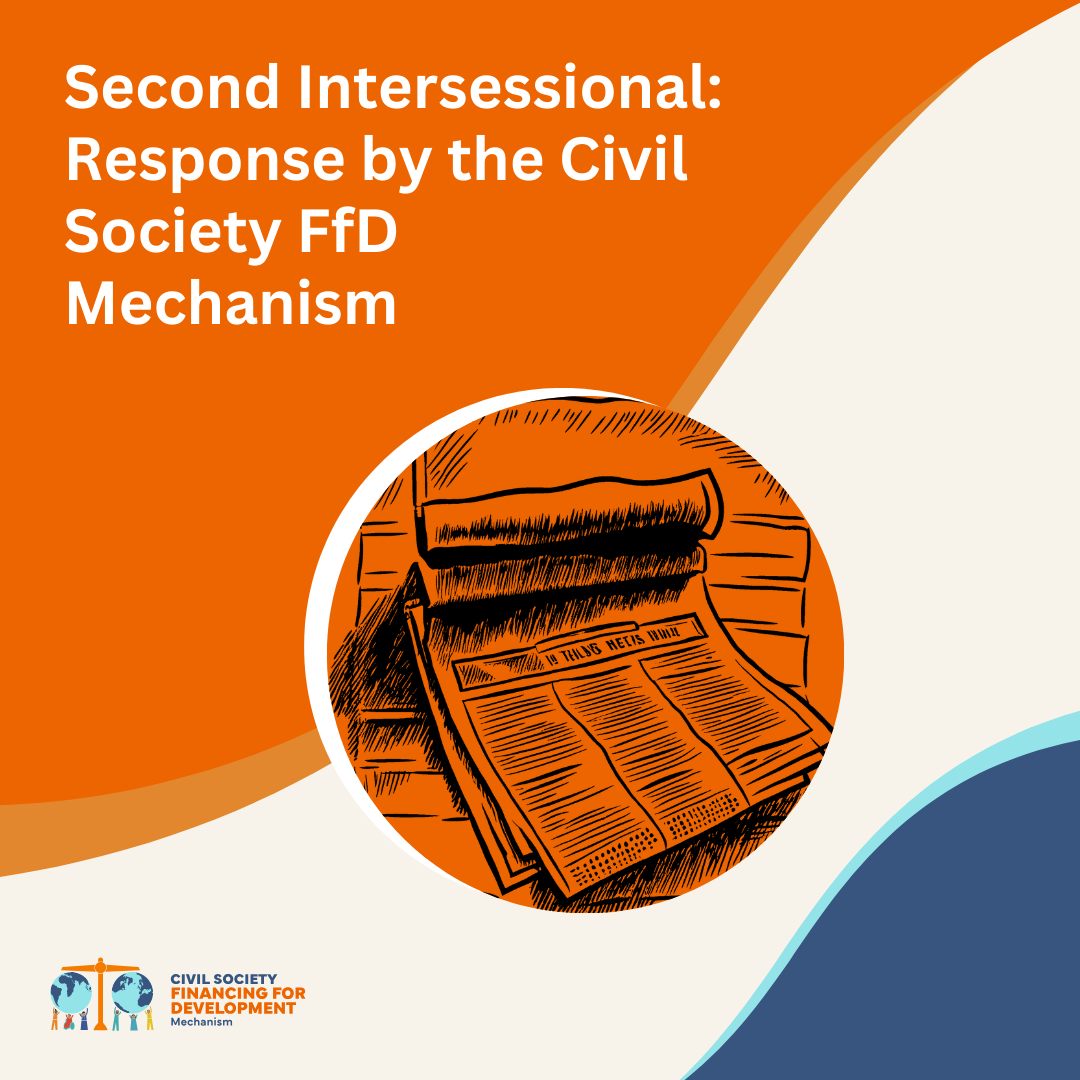Official development assistance (ODA) remains important in meeting sustainable development objectives of some developing countries, particularly least developed countries. But more than just mobilizing finance, ODA is, and must be treated as, a tool to achieve redistributive justice, wherein wealth acquired by rich countries through historical colonization and exploitation is rechannelled to Global South countries.
The Challenge
Since 50 years ago, when the commitment to allot 0.7% of donor countries’ GNI was made, most countries have failed to deliver their historic promise. Unmet “ODA debt” owed to the Global South is estimated to be over USD 6 trillion. As a tool for justice, ODA should contribute to correcting historical wrongs and dismantling poverty and inequality. And yet, numerous challenges emerge from the current practices by Global North countries that treat ODA otherwise, including maintaining the status quo that, in the first place, produces and entrenches the poverty and inequality that ODA is supposed to help address.
Many of the problems associated with ODA in terms of volume and quality are directly attributable to the fact that the governance of the aid system is led by a handful of rich countries. This exclusive membership and lack of transparency and accountability has resulted in a series of questionable decisions that have eroded the integrity of ODA and its development impact.
Our Recommendations
The CS FfD Mechanism calls for:
Agreeing on a UN Convention on International Development Cooperation: Building on the UN’s Development Cooperation Forum (DCF) process, UN member states should agree a UN legally binding agreement that protects the integrity of Official Development Assistance (ODA), ensures the credibility of ODA statistics, and enhances the impact of ODA in eradicating poverty and addressing inequalities. Such a convention should also establish a mechanism for the fulfillment of the trillions in unmet ‘aid debt’ owed to the Global South through decades. This process will ensure involvement of all countries, particularly those from the Global South, in decision-making related to ODA.
A UN Convention on IDC must:
Establish norm and rule setting on use and flow for development cooperation and democratise the governance of IDC. A UN member-state process towards a Convention could ensure coherence between all forms of development cooperation and provide a normative space that brings together all relevant actors to shape policy and take decisions. The UN Development Cooperation Forum could play an important role if given the appropriate authority and mandate.
Reframe the narrative surrounding IDC from a perspective of charity to one of justice and reparations, recognizing and addressing historical injustices. IDC exists within a global economic and political framework that perpetuates inequalities between and within countries. Countries in the Global North possess both the resources to provide financial and technical support and the moral responsibility to help bridge these global inequalities.
Establish the UN target for 0.7 GNI as a floor on aid quantity while recognising the trillions in unmet aid/ODA commitments as a debt owed to the Global South. Commitments, from the 0.7% GNI quantity2 have rarely been met3. Undisbursed ODA flows owed to the Global South is estimated to be almost USD 7.2 trillion to date– converting these unmet commitments to an unpaid ODA debt could provide fiscal space necessary to finance poverty eradication and address inequalities.
Ensure universalising the principles for development effectiveness. The origins of development effectiveness agenda can be traced to the Monterrey Consensus, which first recognised that National development strategies must have primacy to ensure needs-based (instead of donor-driven) allocations and alignment of development cooperation flows. The effectiveness agenda is at a crossroads and the UN has a role to play in revitalizing and universalising this agenda.
Ringfence of ODA for poverty eradication and addressing inequality. New instruments and tools have diverted ODA from its original vision and mandate. These changes must be reversed and a universal mandate of development cooperation for addressing poverty and inequality must be restored.

